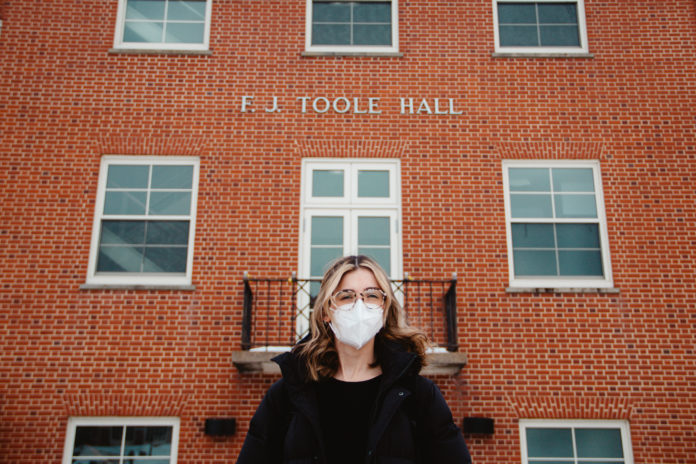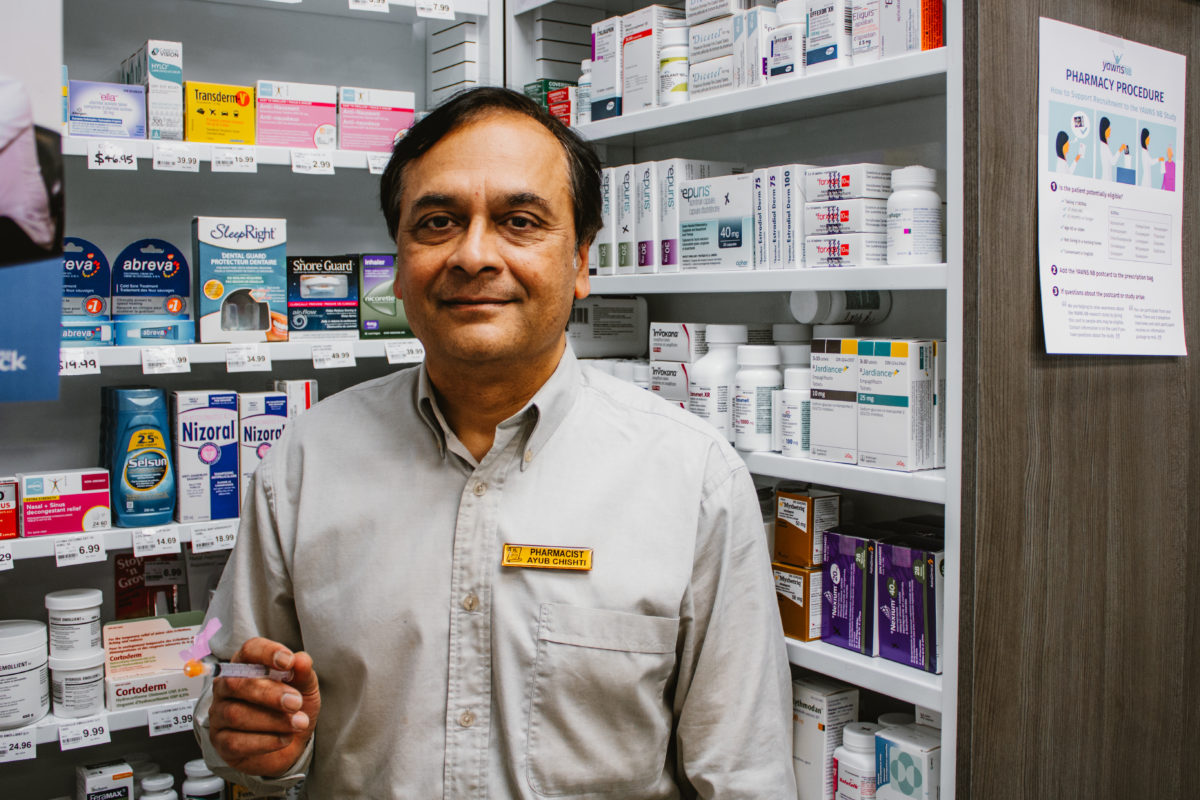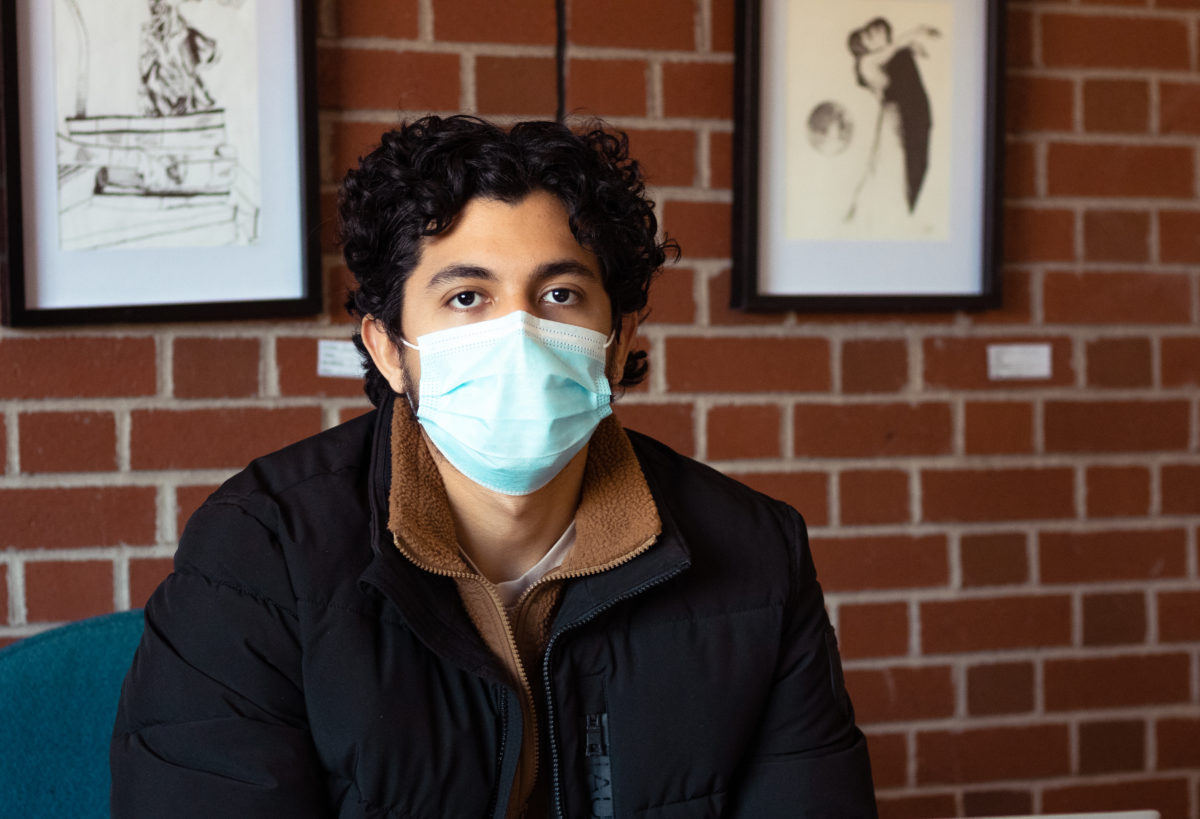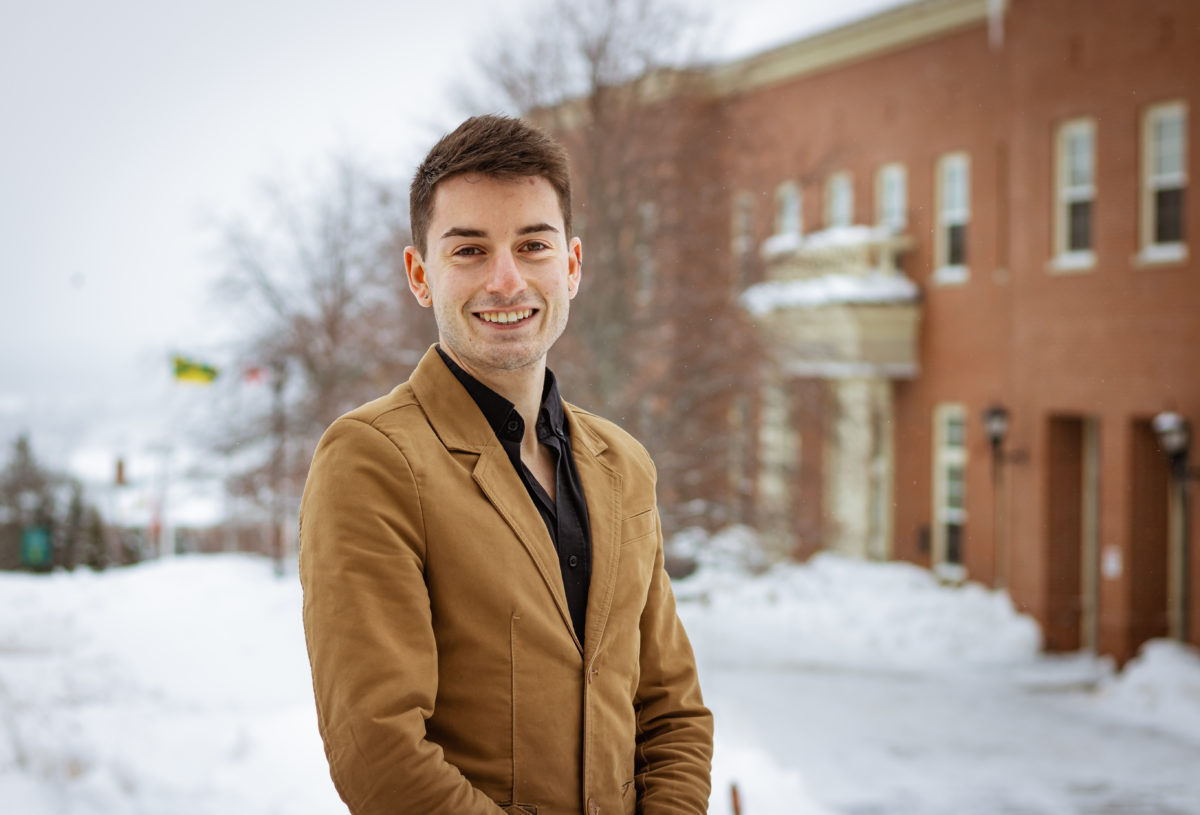
Cloth masks are out, medical masks are in.
University of New Brunswick students received an email at 3:47 p.m. on Jan. 11 that said only surgical, N95 and KN95 masks would be allowed on campus in Level 2 or higher.
Sarah Blakely, a fourth-year medicinal chemistry student at UNB, was shocked when she first read the email.
“At this point, the medical masks, like a KN95 and the N95, were really hard to come by and I didn’t have one on hand,” she said.
Blakely had an in-person meeting the following day with a professor but had to reschedule since she didn’t have the time to find a mask.
After receiving the email, Blakely made a note to call the UNB campus pharmacy the next morning to ask about its supply. She was able to purchase one N95 mask for $5.
Blakely is also a pharmacy assistant and said her employers had difficulty ordering these specific masks, not only for their customers but also their staff members.
She found boxes of N95 masks at Costco and Scrubs Plus. Both stores offered boxes of 50 masks but cost $60.
UNB courses that must be taught in-person to meet course objectives will begin on Jan. 24, with all other courses beginning in-person on Feb. 7.
Blakely has three on-campus labs. Two labs are for class credit and the third is for her honours project, which means she needs to be on campus a minimum of three to four times a week.
“I think these masks do help stop the spread, [but] what I don’t agree with is two things: the lack of actual direction they’re giving students … and the fact that these [masks] are so inaccessible,” she said.
With her in-person lab start date of Jan. 26 looming, she received no instruction on the mask policy in terms of accessibility.
“I paid $5 for one medical mask. These masks aren’t supposed to be reusable, so if I’m going to campus three to four times a week, I’m spending $15 to $20 on masks every week. Not to mention they’re nearly impossible to find,” said Blakely.

Ayub Chishti, the UNB campus pharmacist, said after UNB announced its new mask policy, the pharmacy ran out of masks but was able to order more.
Chishti said it’s important to make sure the medical masks are coming from authentic sources.
“A lot of companies on the internet [are] selling them … People have to make sure that they are approved by Health Canada,” he said. “Just because Amazon sells it doesn’t mean they’re authentic.”
Reinaldo Cascante, a third-year STU student, is taking a UNB drama course this semester that has to be taught in-person.
Cascante said STU likely hasn’t followed suit with UNB’s mandate because all of its classes are online until at least Feb. 7.
“UNB is a totally different story,” he said. “I think they have to put out this policy because their in-person classes are going to come back next week.”

Cascante said he is used to wearing the blue and black disposable masks. At the start of the pandemic, he would wear cloth masks, but after a while, realized they were hard to breathe in, so he made the switch to disposable ones.
Since there is a shortage of N95 and KN95 masks, Cascante said his friend is bringing some back from Honduras.
“I’ve tried to use them but I don’t really think they’re for me. I’ve never been the one to struggle with breathing but I find the cloth masks and the [heavy duty] ones to be unbreathable,” he said.
Cascante said he’s never seen the N95 and KN95 masks here in Fredericton. He said if these specific masks are going to be mandatory, they need to be more accessible to find.
“I really do think that if [STU] implements this kind of policy, I think they should at least provide students at every entry point on any building with a box of surgical masks,” said Cascante.

Tyler MaGee, STU Students’ Union president, said STU makes its decisions independently of STUSU, but the union is involved in the conversations.
“I think UNB made this decision prematurely,” said MaGee.
MaGee said it’s up to the individual institutions to try and create dialogues with suppliers to get them.
“I think that if these masks are going to be implemented, the conversation needs to be situated around the supply of these masks because they are solemnly available to the broader public as they are being reserved for healthcare professionals at the moment,” said MaGee.
Updated mask regulation
A little more than one week later, at 2:40 p.m. on Jan. 21, UNB sent out an update about mask regulations on its campus. The university revised its previous on-campus mask regulation that came out on Jan. 11.
The new update allows students, staff and faculty to wear three-layer disposable masks, UNB-branded masks or other two-layer cloth masks in combination with a disposable mask.
In an email to The Aquinian on Friday afternoon, Heather Campbell, acting director of UNB communications, said medical masks are still strongly recommended in classrooms, labs, libraries, residences and highly-transmissible areas.
“We revised our policy to better align our approach with New Brunswick Public Health’s guidance,” wrote Campbell.
